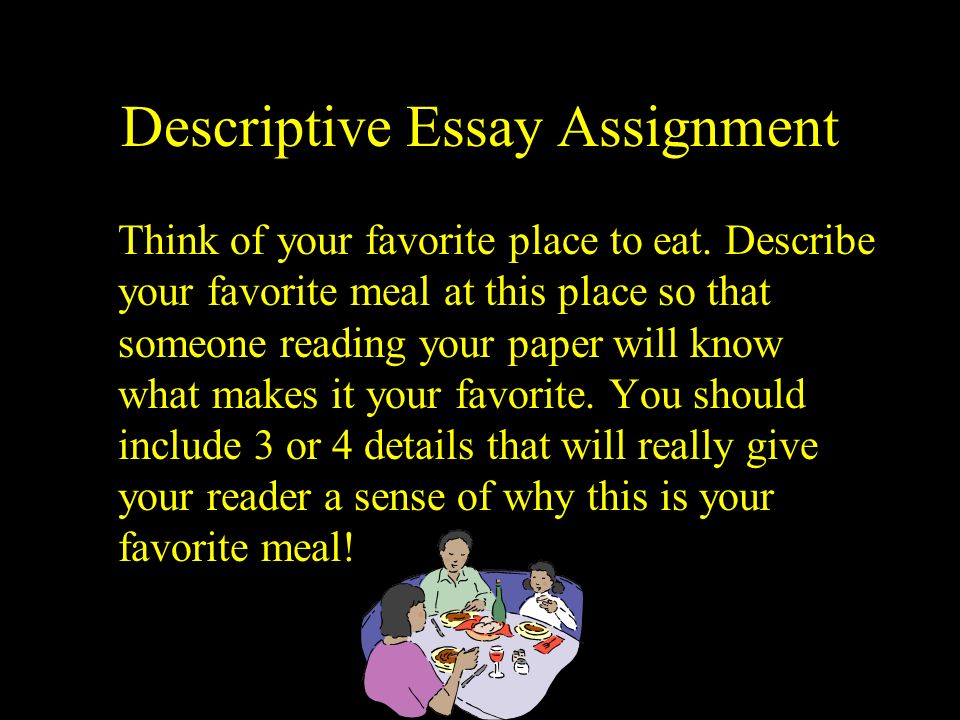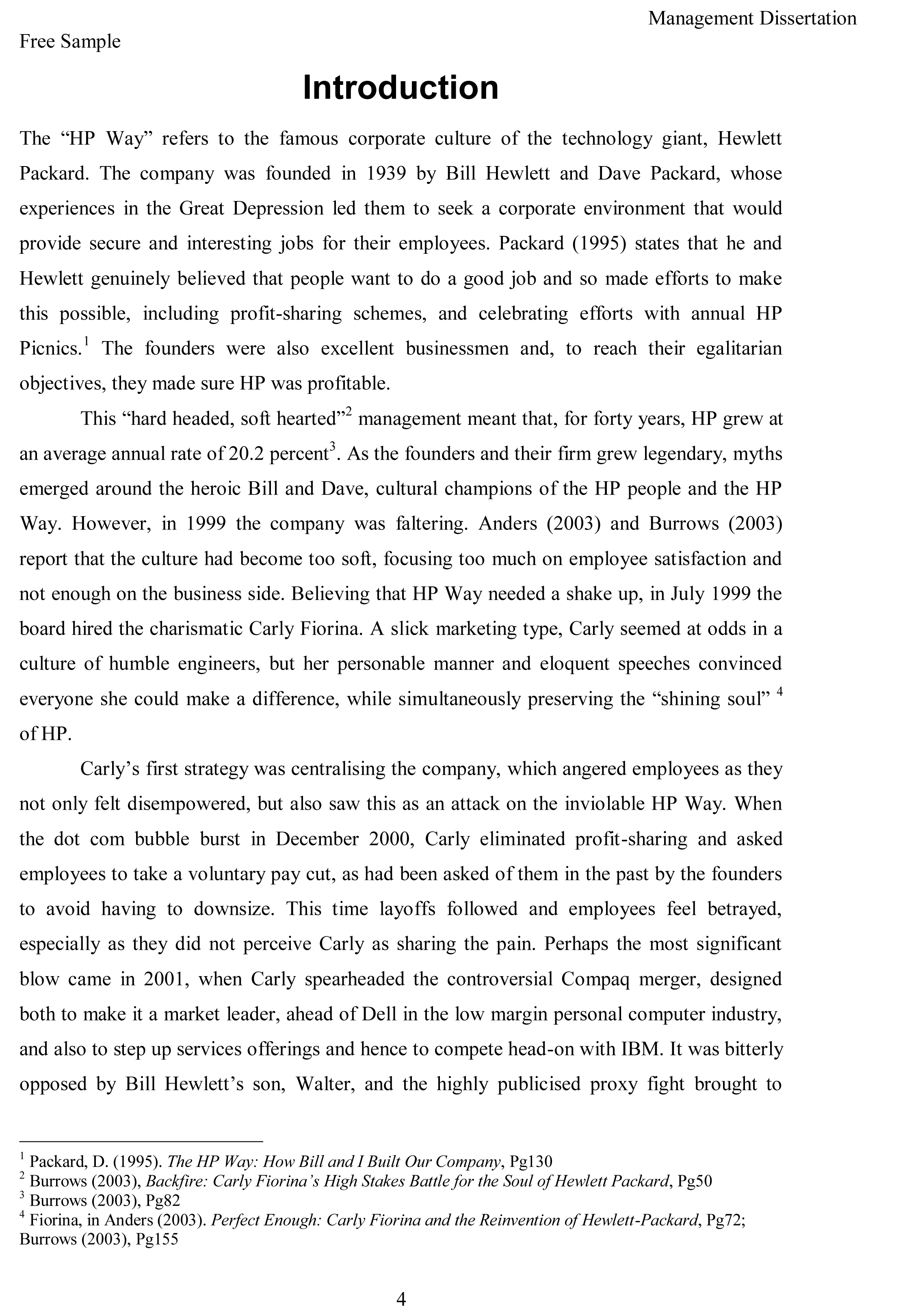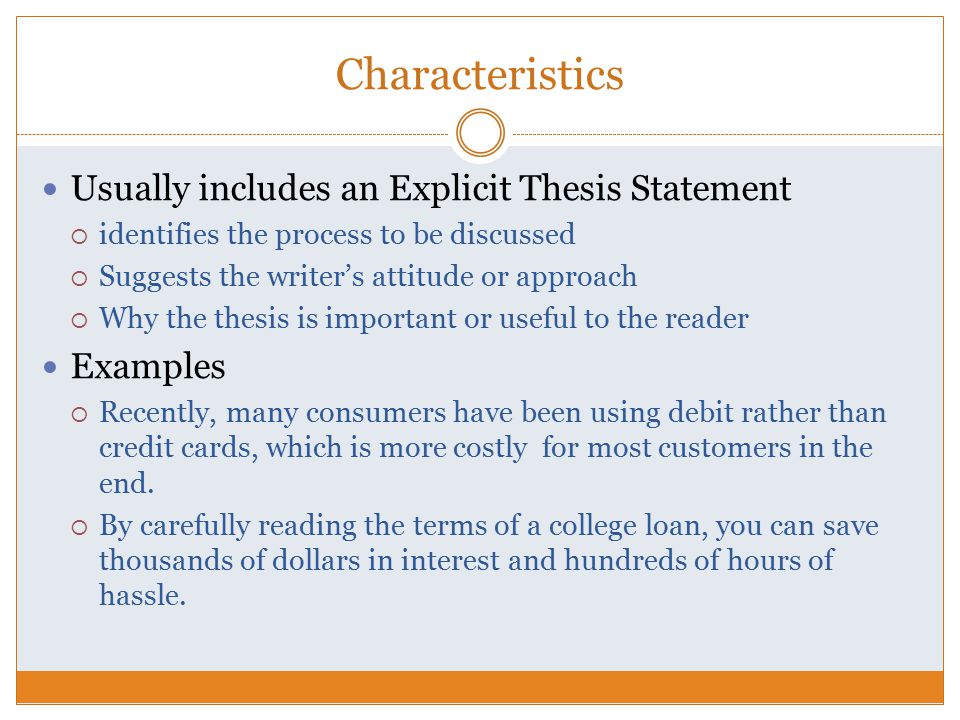Analysis of My Last Duchess by Robert Browning Essay.
My Last Duchess analysis “My Last Duchess” is a poem loosely based on historic events and historic figures written by Robert Browning. We are to gather that the figure speaking in “My Last Duchess” is Alfonso, the Duke of Ferrara who lived in the 16th century.
Summary of a poem My Last Duchess Essay Sample. A duke had killed his seventeen-year-old spouse following three long stretches of marriage, and wedded another young lady. The principle character and speaker of the lyric is Duke Alfonso II of Ferrara. The other individual tuning in to him (his recipient) is the emissary (marriage operator) sent.
This page contains the best examples of essays on My Last Duchess. Before writing your essay, you can explore essay examples - note their structure, content, writing style, etc. The process of creating an essay about My Last Duchess generally consists of the following steps: understanding the assignment, identifying the topic, collecting information, organizing the information collected.
Comparative analysis of the poems Ozymandias by Percy Shelly and My Last Duchess by Robert Browning “ The poem Ozymandias by Percy Shelly and My Last Duchess by Robert Browning are very different. However, they do have something in common, both poems represent power.
My Last Duchess Summary. In Robert Browning's poem “My Last Duchess,” the Duke of Ferrara addresses an emissary of the Count whose daughter the Duke intends to marry.
Character analysis of the Duke in “My Last Duchess” Robert Browning encapsulates the cosmos of a character within the microcosm of a moment. His dramatic monologues center on a persona, whose dark shades subtly come to light through the commonplace utterances of the speaker.
In My Last Duchess, enjambment is used to create an unsteady and irregular form and meter, creating an overall impression of mental instability on the part of the speaker of the poem. Specifically, the enjambment in My Last Duchess indicates the Duke’s psychotic and cold-blooded egotism.








